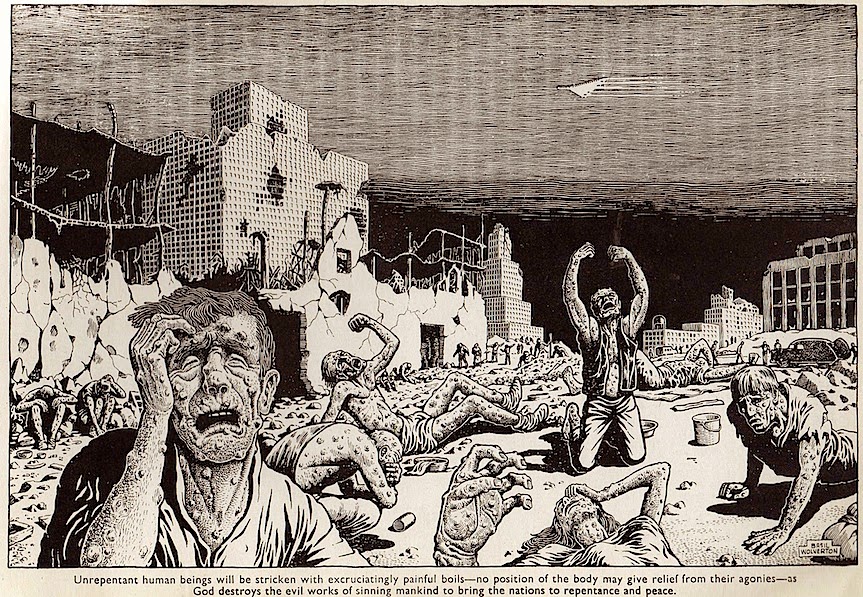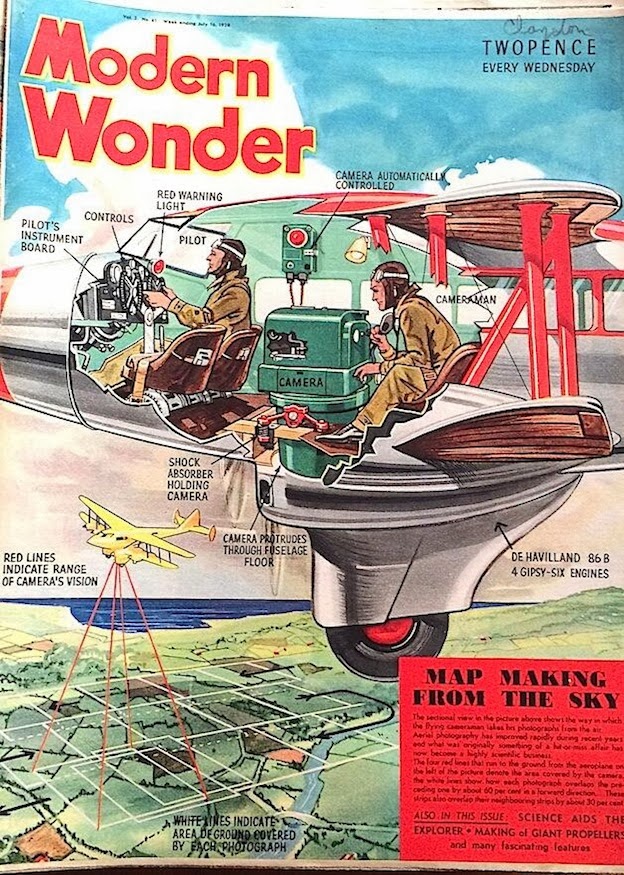Wikipedia defines Murphy’s Law (aka Sod’s Law) thus: “Anything that can go wrong will go wrong.” In some formulations (Murphy 2), it is extended to – “Anything that can go wrong will go wrong, and at the worst possible time.” An example: a man arrives on time for a bus that invariably leaves late but finds that this one time it has left early and/ moreover it was vital that he caught it as it was going to take him to an interview for a job he badly needed… in an extreme case (Murphy 2) when he tells his partner that he is not going to get the job she leaves him etc.
He could only have defeated this by arriving very early and not assuming that the bus would always leave late. It is very difficult to outwit Murphy except by taking tiresome, almost infinite precautions or so I thought…

This example of outwitting Murphy’s law is based on our experience of selling books online. It is compelling but very site specific. Many of our books are kept at a warehouse 15 miles away from our sorting office. Quite often customers want pictures of a book before buying it. You can either bring the book from the warehouse to the office and take the photos there, then wait for the customer to order the book. If they do not buy the book (very likely– only 20% who want photos do) you have to take the book back to the warehouse. You can also take the photos at the warehouse, leave the book there and pick it up when ordered. Both methods are about equal in terms of time and effort – as we go to the warehouse quite often. We discovered that if you photographed the book at the warehouse and left it there it was much more likely to be ordered. If you took the book to the office, eagerly expecting a sale, it was noticeably less likely to happen…The esoteric, wu-wu explanation is that Murphy had been outwitted and thought he was putting you to greater effort by making the book still at the warehouse sell and the book you had optimistically bought to the office fail to sell… Murphy’s law deniers (among them Richard Dawkins) would say ‘bollocks’…although they are usually talking about Murphy giving malign power to inanimate objects (their cussedness etc.,) which is, at the very least, fanciful..












